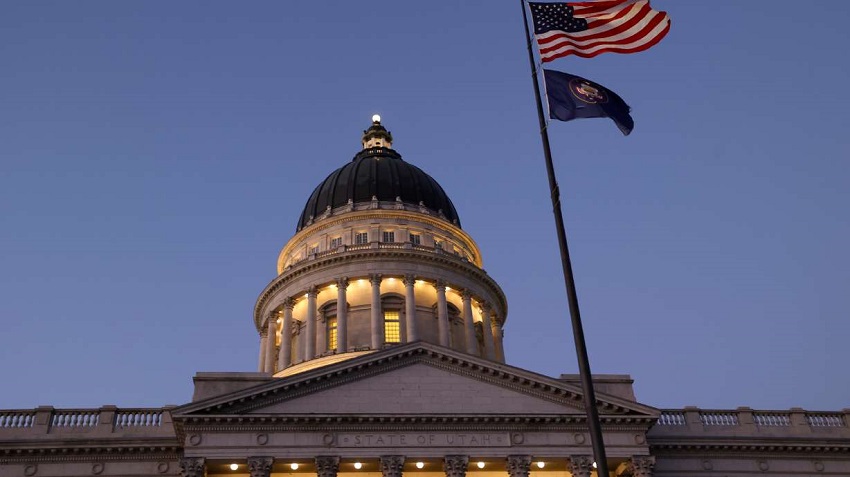Ogden, UT – As Utah’s 2025 legislative session approaches, the question of whether the state will eliminate its tax on Social Security benefits remains unanswered, though signs point toward strong momentum behind the proposal. Governor Spencer Cox has made the elimination of this tax a central focus of his $30.6 billion budget, arguing that it is an embarrassment that Utah remains one of only eight states that still taxes Social Security income.
Last month, legislative leaders from both the Senate and House, who serve on the Executive Appropriations Committee, set aside a total of $231 million for a possible tax cut during the upcoming session. This includes $66 million in one-time funds and $165 million in ongoing revenue. The proposed elimination of the tax on Social Security benefits is estimated to cost $143.8 million, making it a feasible option given the funds already set aside.
Support for the proposal is gaining traction among lawmakers. Senate Budget Chairman Jerry Stevenson, a Republican from Layton, reported that he has heard strong backing for the idea from both his constituents and fellow legislators. “If I look at what my constituents are saying, and what other legislators are when I talk to them, there’s a lot of momentum to remove the income tax on Social Security,” Stevenson remarked, adding that he believes the proposal has the votes to pass in the upcoming session.
Governor Cox has emphasized that eliminating the tax on Social Security would offer a more significant benefit to seniors than further cuts to the state income tax rate. While a slight reduction in the state income tax rate from 4.65% to 4.55% was enacted in the previous legislative session, Cox has suggested that targeting tax relief at seniors is a more effective way to provide financial relief. “I think giving everybody a tiny cut versus giving our seniors a very big cut, I think it’s an easy call,” Cox said, pointing out that seniors on fixed incomes would see more substantial savings from the elimination of the Social Security tax.
Currently, Utah does provide a state income tax credit for Social Security benefits, but this is limited to those earning up to $45,000 for single filers and $75,000 for joint filers. Despite the expansion of eligibility in recent years, Cox argues that eliminating the tax altogether would be a better solution for the state’s senior population.
The elimination of the tax on Social Security is not without its challenges, however. While the funds set aside for the tax cut seem sufficient, the state faces budget shortfalls, with revenue collections falling below projections for both fiscal year 2024 and the current budget year. In light of these shortfalls, House Budget Chairman Val Peterson cautioned that any additional tax cuts beyond the proposed Social Security relief would need to be carefully considered. “You have to be careful, and you have to cut it strategically,” Peterson said.
In addition to the $231 million earmarked for tax cuts, the legislature has also been adding funds to its “Rainy Day” reserves, which could help cover potential budget gaps in the future. The situation has led some lawmakers to question whether it would be wise to pursue further tax reductions at this time.
While the legislative path forward is still unclear, Cox’s proposal to eliminate the tax on Social Security benefits appears to have gained considerable support within the state legislature. With a Republican supermajority in both chambers, the chances of the proposal moving forward seem strong. However, lawmakers will have to balance their commitment to tax relief with the realities of the state’s fiscal situation as they finalize their decisions in the coming months.

